Eric Maisel draws on decades of coaching and psychotherapeutic experience to present a practical guide to formal and informal coaching through a mix of advice and exercises. Across 13 lessons, Maisel describes essential coaching skills, including how to ask quality questions, handle defensiveness, find a balance between caring for clients and living your own life, and show support for clients. He emphasizes the importance of coaches understanding themselves and helping their clients develop greater self-awareness. He boils it down to one prime directive: Coaches must help their clients.
As a coach, words are your primary tool.
With your language, presence, thoughtfulness, suggestions and engagement, you can genuinely help other people. With your attitude, wisdom and words, you can assist those you work with in achieving the life they desire but have been unable to attain on their own.
Consider the following best practices, spread over 13 lessons, but find your own style. Experiment: Do what feels comfortable. Find what works best for you and your clients in whatever form of coaching you practice – executive, life, career, creative, etc. Borrow from practices and techniques other coaches use, but don’t attempt to duplicate them.
Lesson One: Discover your style.
Coaching is fundamentally about you and the person sitting across from you – two human beings in discussion. Though important, your techniques and principles come second. Remember that coaching is a human activity. Choose to accept and acknowledge your flaws, opinions, prejudices and doubts as you enter the coaching session. Ask yourself, “How do I bring my best to each session?” Think about what sort of coach you want to be.&#...
Eric Maisel, PhD, has written more than 50 books on creativity, coaching, life purpose and meaning. He has served as a licensed family therapist and creativity coach and writes for Psychology Today.









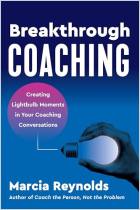
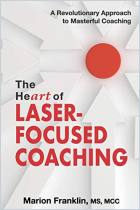
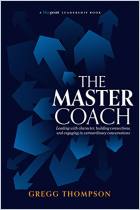
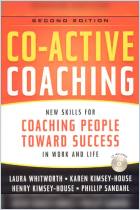
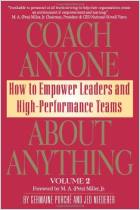
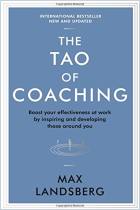





Comment on this summary